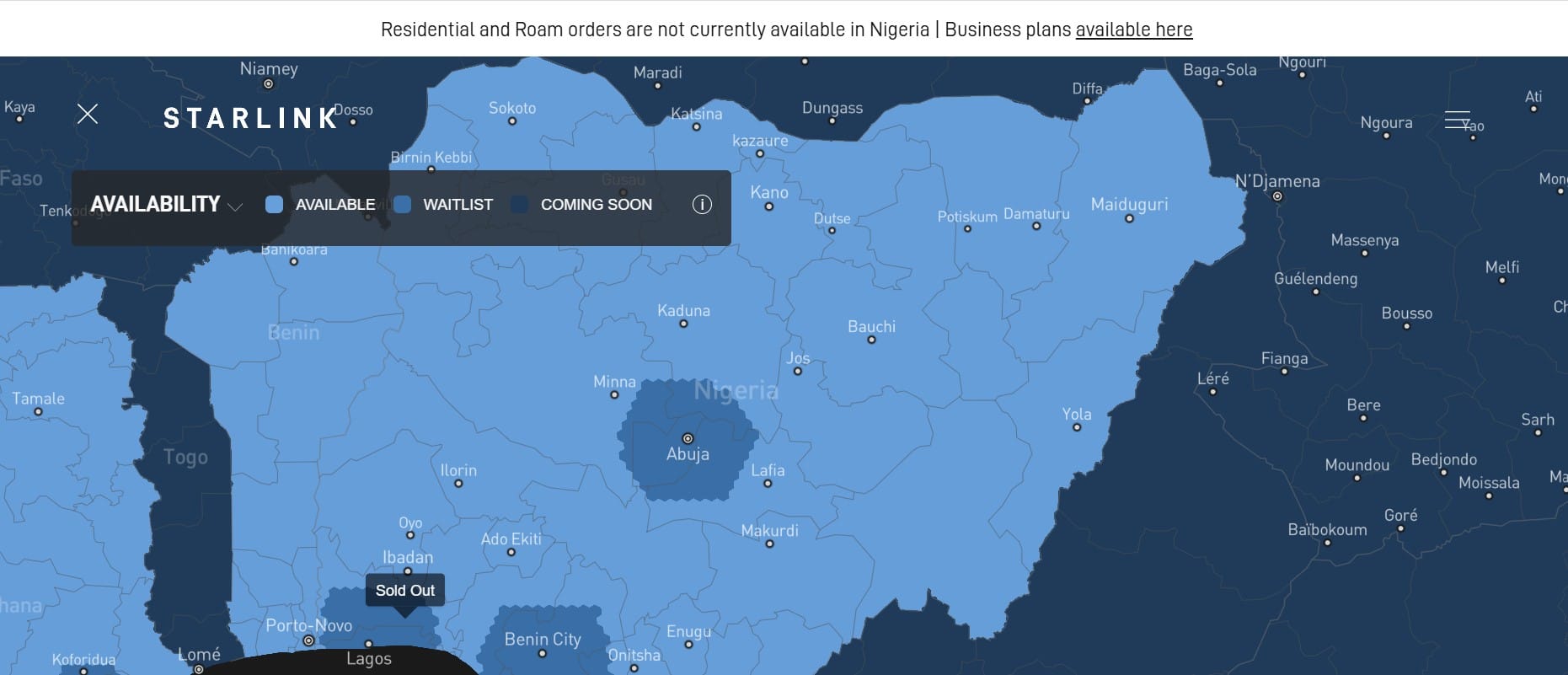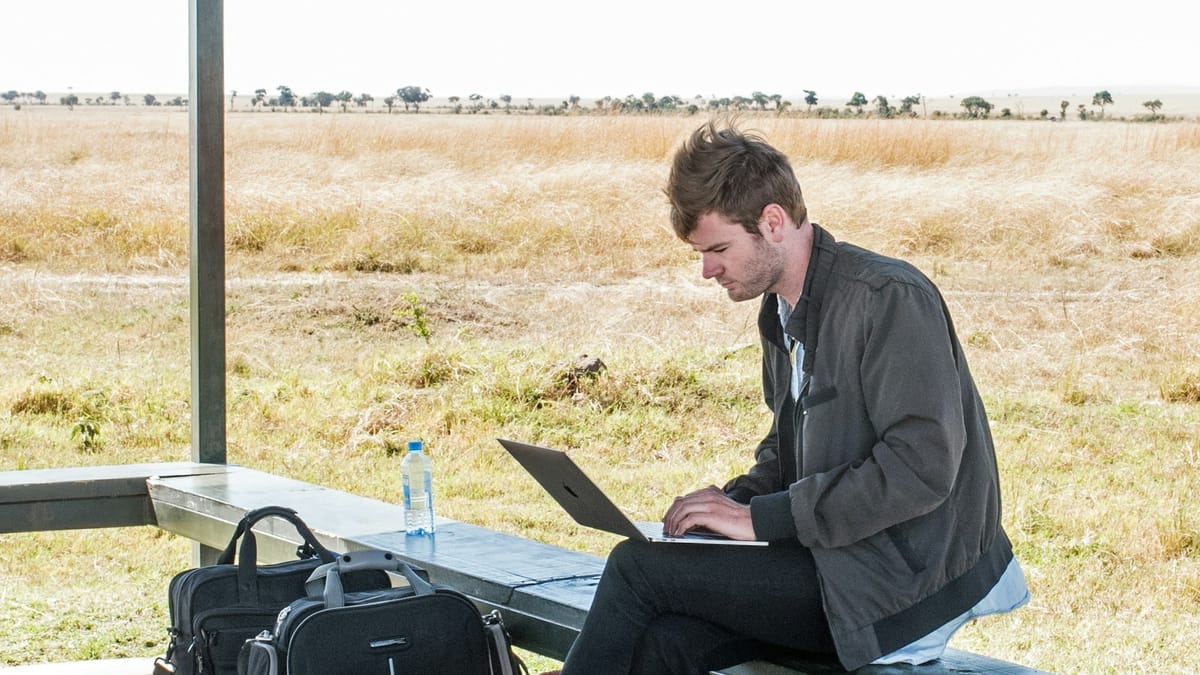Starlink pauses new subscriptions in Kenya as demand overwhelms network
Starlink has witnessed a massive 1,955.3% increase in subscriber growth since launching in the country in July 2023.
Starlink, the satellite internet provider under Elon Musk’s SpaceX, has temporarily suspended new subscriptions in Nairobi and several surrounding counties, citing a network overload caused by overwhelming demand.
The affected regions include Nairobi, Kiambu, Machakos, Narok, Murang’a, and Nakuru, along with Thika, Kajiado, Naivasha, and Ngong.
Since its launch in Kenya in July 2023, Starlink has witnessed a massive 1,955.3% increase in subscriber growth, according to Kenya’s Communications Authority, likely driven by attractive pricing and high-speed internet access.
In August 2024, Starlink introduced a $15.15 (KES1,950) monthly kit rental plan for those who couldn't afford the hardware which cost around $350 (KES 45,000). This move, in turn, likely lowered the entry barrier and drew many new users.
However, the resulting demand has exceeded network capacity, forcing the company to restrict new subscriptions for its affordable residential and roaming plans.
For now, only premium plans, priced at over $1,000 (KES 130,000) per month, are available in these high-demand zones. Starlink’s notice to customers explained, “Nairobi and neighbouring areas are currently at network capacity,” indicating there isn’t enough bandwidth to support additional users in these areas.
The company says it is actively working to expand capacity in densely populated regions, with Musk advising customers in less congested areas to take advantage of available bandwidth.
Starlink is working to increase Internet capacity in dense urban areas in Africa as fast as possible.
— Elon Musk (@elonmusk) November 4, 2024
Please note that there is still significant capacity outside of city centers. https://t.co/Vlk4sNDAjX
The suspension in Kenya is also part of a broader regional issue across Africa.
Starlink has marked major urban centers like Harare, Lusaka, and Lagos as “Sold Out” on its availability map for new residential and roam customers, reflecting similar challenges.
Customers in these areas have also reported slower speeds than advertised, with some experiencing download rates far below Starlink’s 300Mbps promise.

Meanwhile back in Kenya, Starlink’s rapid rise has also stirred competition within the ISP market, impacting local players like Safaricom. Shortly after Starlink’s launch, Safaricom raised concerns with the Communications Authority of Kenya, requesting a review of satellite providers that operate without local partnerships.
Despite this pushback, Starlink has captured 0.5% of the fixed data market in Kenya, per Technext24, potentially showcasing the continent’s increasing demand for satellite connectivity.

As Starlink works to expand its capacity in both Kenya and other high-demand African regions, users in the affected areas remain hopeful for improved connectivity and await further updates on service availability. The ongoing suspension further highlights the challenges of scaling satellite internet to meet rapidly growing demand in urban centers across Africa.







